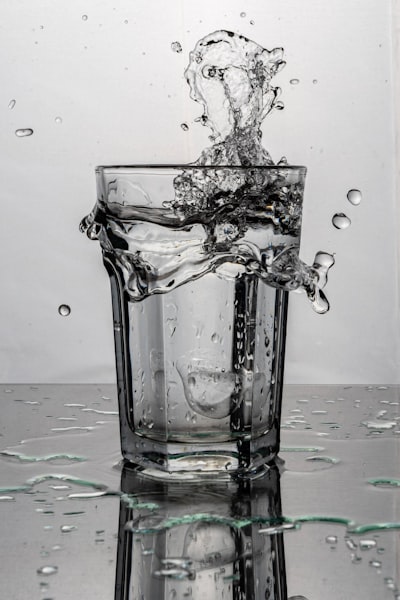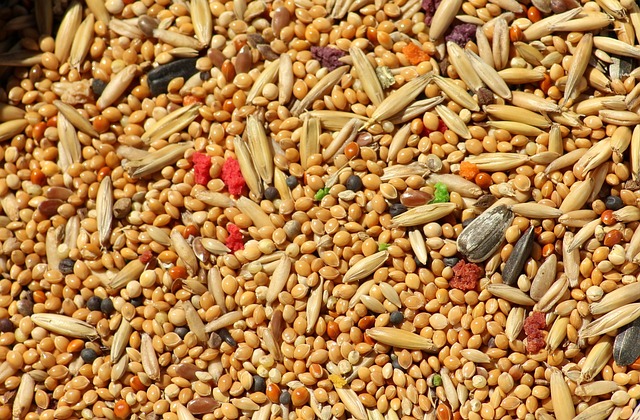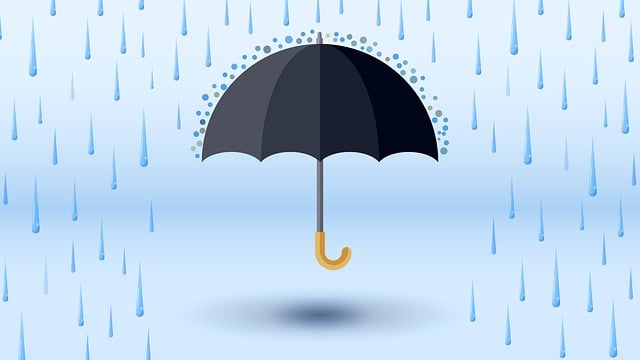Water-an essential nutrient for the human body. Water must be present for the distribution of nutrients, electrolytes, and other solutes to the body’s multiple cells, as well as the disposal of waste.
Water contributes to 55–70% of the body’s entire weight. The amount of water reduces with age. As an outcome, compared to adults, infants and newborns have significantly greater water content. People who are overweight carry less water than those who are skinny.
The water content of different bodily tissues varies. Most metabolically active tissues such as the brain, blood, and muscles have greater amounts of water than bone and adipose tissue.
As Water-an essential nutrient, It is also a suspension containing several body components. It is therefore more appropriate to refer to these as fluids. The body utilizes two distinct kinds of water: extracellular and intracellular.
Intracellular water, present in every cell, makes about two thirds of the body’s total water content. Extracellular water makes up about 20% of body weight, but it is also found in the lymphatic system, plasma, and interstitial fluid (the fluid that sits between cells or tissues).
The kidneys are the last organs to control fluid balance, they do so between the compartments and between blood and interstitial fluid.
How Does Water-an Essential Nutrient (Functions of Water)
There are several things that water does for the human body. Here are the six main functions of fallows:
- Water functions as a general-purpose solvent for lipoproteins, biological molecules, and a variety of solutes. Furthermore, all the byproducts of digestion can be dissolved by it. Water regulates your body temperature and helps you stay cool.
- Every single cell in the body is composed of water. Water works as a lubricant for the joints. It provides cushioning for joints and protects tissues as well as organs from harm.
- It maintains the structural and functional integrity of the cells. It also serves as a carrier, delivering nutrients and oxygen to the cells.
- Waste products and pollutants are eliminated from the body through it. Numerous chemical processes in the body require water to take place. For instance, water is necessary for the breakdown of sugar into simpler molecules.
- By acting as a lubricant, water helps the body’s working components move more smoothly. It controls body temperature as well. Body temperature is regulated by the evaporation of water from the skin and lungs.
All these function proves that water-an essential nutrient for human body.

Water balance
The human body makes an effort to perfectly maintain equilibrium in water balance. The body eliminates the same quantity of water that it takes in. The body’s water equilibrium is naturally preserved. This system is thought to be regulated by specific areas of the hypothalamus, and hormones also influence water excretion.
Recommended Water Intake
As Water-an essential nutrient, The recommended daily intake of water varies depending on an individual’s age and gender. The environment and an individual’s degree of physical activity both affect how much water they consume. The associated values are displayed in the chart below.
|
Age |
Recommended amount of water (in liters) |
|
Infant (0-12 months) |
0.7 to 0.8 lit. |
|
Girl/boy (1 to 8 years) |
1 to 1.02 lit. |
|
Girl (9 to18 years) |
1.6 to 1.9 lit. |
|
Boy (9 to 18 years) |
1.4 to 1.6 lit. |
|
Adult men |
2.6 lit. |
|
Adult women |
2.1 lit. |
|
Pregnancy |
2.3 lit |
|
Lactation |
2.6 lit |
An overview of water intake
There are some conditions due to which the water intake of an individual can change.
Exercise level
An individual may need more water than usual if they are involved in sports, athletics, or high-intensity exercises like GYM.
Climate
Hot regions, such as those in Asia or Africa, may need more water for breathing or perspiring.
.
Medical problems
The body may lose more fluid than usual when experiencing certain medical disorders, such as vomiting or diarrhea. in such condition it proves that Water-an essential nutrient than other fluid.so It may be necessary to use more water in these circumstances than usual.
Consequences of water imbalance in the body
Dehydration is the result of consuming less water and other fluids than the body requires. Being dehydrated is a serious medical issue that has to be treated right away. Excessive water loss from vomiting and/or diarrhea, burns, surgeries, and fevers leads to dehydration.
especially infants, who get dehydrated very quickly by suffering diarrhea.
You may lose a lot of water if you move vigorously while playing sports like football, cricket, and hockey and perspire heavily. Extended fevers can cause significant water loss through sweating.
It should be noted that water loss of more than 5% has adverse effects on the body like kidney failure, dizziness, confusion, and a and a heavy tongue. and if water loss is more than 15%, then death can occur.
In Brief : Water-an essential nutrient
Yes, it clearly demonstrates that water is an essential nutrient for the human body. It has no calories and is extremely simple to digest. Low water consumption has a variety of negative impacts on the body. Always stay hydrated and drink water before you thirst. Cucumbers, watermelon, grapes, and oranges are examples of water-rich foods. Add these items to your diet. Reduce your tea, coffee, and diuretics, which cause you to empty your bladder more frequently. Also, carry your water bottle in the car, at your working desk, and at home.







